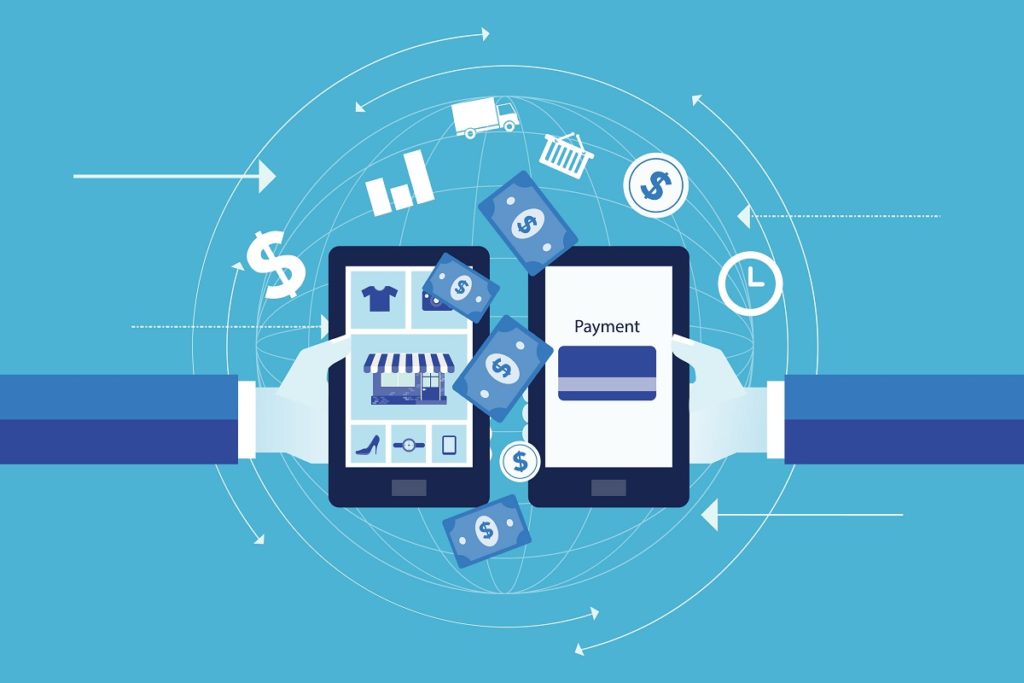It is understood that more data brings extraordinary results and we all know that the healthcare sector is the richest one. Market experts evaluated the Big Data and Machine Learning Services usage in the healthcare sector based on optimized innovation, enhanced research efficiency, better decision making, and advanced tool development for consumers, physicians, regulators, and insurers.
Ever thought how the industries manage all this data? When you see those labeled data streams, you notice R&D, clinics, physicians, patients, nurses, etc. They face several challenges to synchronize this data and use it for delivering better healthcare treatments and infrastructure to the patients. This is where AI and machine learning find their way to gather and use varieties of data for better analysis, protection, and treating individuals.
Machine Learning
Advanced apps of ML in medicine are having potential future in analysis, data synchronization, and innovation. Let’s learn how AI and machine learning helping the medical scientists and healthcare sector:
-
Identification and Diagnosis of Disease
Disease identification and diagnosis of health issues is the main function of ML research in the healthcare industry. In America, over 800 medicines and vaccines for treating cancer were in the trial. Giants from the healthcare industry were the first to try the technology for cancer detection and treatment.
For instance; IBM Watson Genomics was announced in October 2016. It was an organized activity with Quest Diagnostics to jump ahead in medication by utilizing intellectual computing and genomic tumor sequencing.
Boston-based Berg Company is applying the AI technology for R&D of diagnostics and therapeutic treatments in different segments, including oncology.
-
Behavioral Modification
Customized treatment or more effective treatment based on a person’s health data integrated with predictive analytics is the trending research topic and linked to effective disease assessment.
For instance; IBM Watson Oncology is a famous institution for using patient medical data and history to optimize treatment options selection.
SkinVision app is the self-explained software that is known as a skin cancer risk app as it claims as to the first and only CE certified online assessment. However, the app is unavailable in the app store but there is DermCheck that allows users to submit their images to dermatologists using their mobiles for getting personalized treatment plants.
-
Medicine manufacturing and discovery
Scientists are now aware of the significance of machine learning and artificial intelligence transformation. Thus, the scientists are now using the technology in the early stage of medicine discovery for several reasons, ranging from initial mediine compounds screening to expect success rate based on biological factors.
Precision Medicine, for instance, seems to be a frontier in this line as it detects mechanisms for multifactorial illnesses and diseases and finds alternative ways for therapy. It uses unsupervised learning-based research that detects patterns in data without predictions.
-
Clinical trial research
Machine Learning technology is been used in shaping and directing clinical trial research. With the use of advanced predictive analytics in detecting individuals for clinical trials, the research team can have access to a wider range of data, which includes social media, doctor visits, and genetic details, for instance.
Machine Learning can also be applied for real-time data access and remote monitoring for advanced safety features.
-
Radiotherapy and Radiology
As per an interview with news media, Dr. Ziad Obermeyer, an assistant professor at Harvard Medical School, “in 20 years, there will be no radiologist working anywhere. In simple words, there will be robots supervising algorithms reading thousands of studies every minute.”
DeepMind Health is working with UCLH (University College London Hospital) to build ML algorithms that can differentiate between healthy and cancerous tissues to help enhance radiation treatments.
-
Smart EHR
There are machine learning-based technologies, document classification with support vector machines and optical character recognition, which are used in collecting data and digitization of EHR.
Major Challenges to Overcome to Apply ML Technologies in Pharma and Medicine:
The entire sector of pharma and medicine needs to address and overcome obstacles which are listed below:
- Data governance – Healthcare data is personal and cannot be easily accessed.
- Transparent algorithms – These are most required to meet the strict regulations on medicine development.
- Recruiting Data science talent – Pharma industry needs to build a robust skills pipeline to succeed.
- Streamlined electronic records – Electronic records are messy at present and need to be streamlined to ramp up personalized treatment solutions.
You may also like
-
Find A Solution For Your Sports Field – Tennis Court Lighting
-
Do you need beautifully coded flutter apps? Opt for our cross-form technology
-
You need to consider this before choosing a web design agency for your site
-
Why Substitute Accounting Software With Dynamics 365 Business Central?
-
A Simple Guide on Custom Web Application Development
